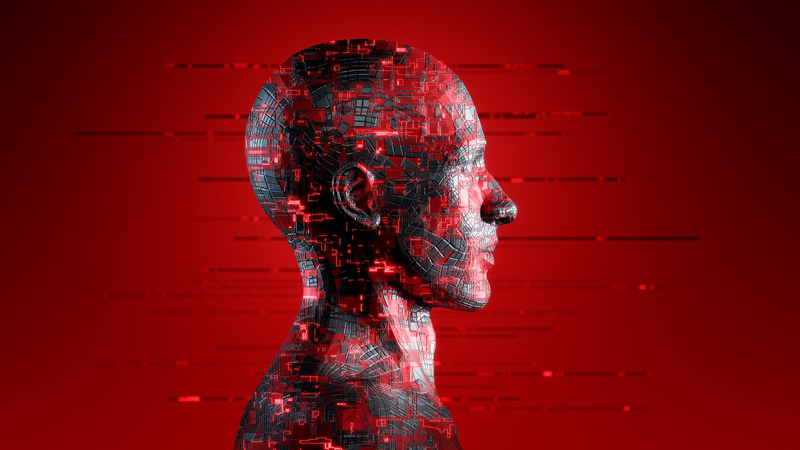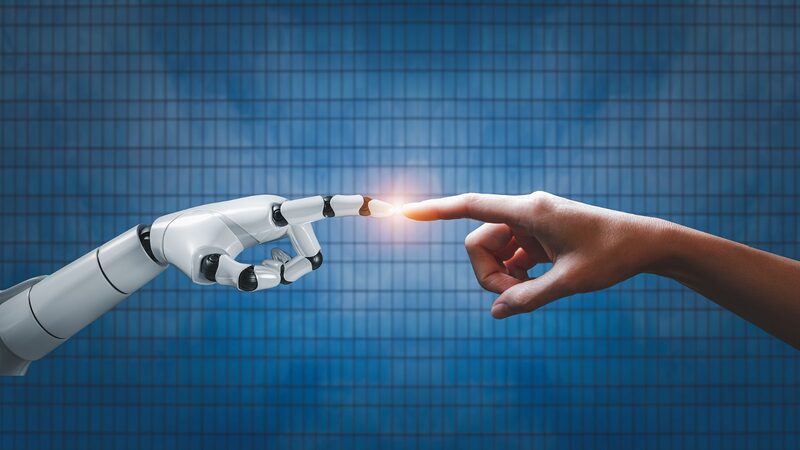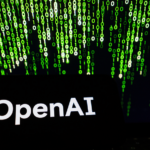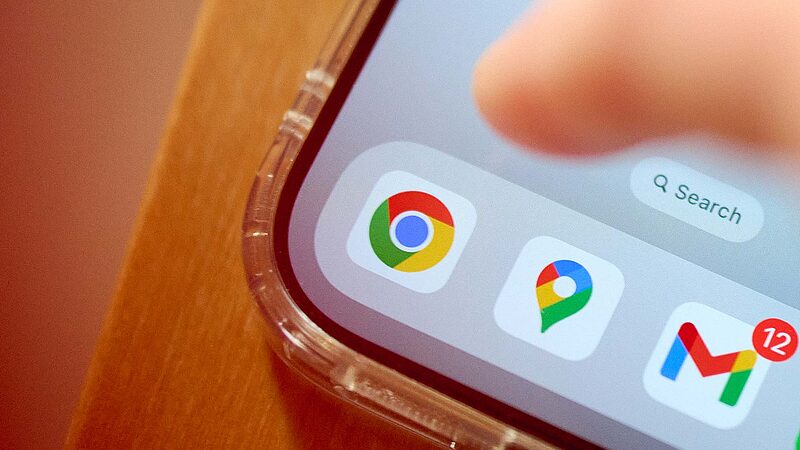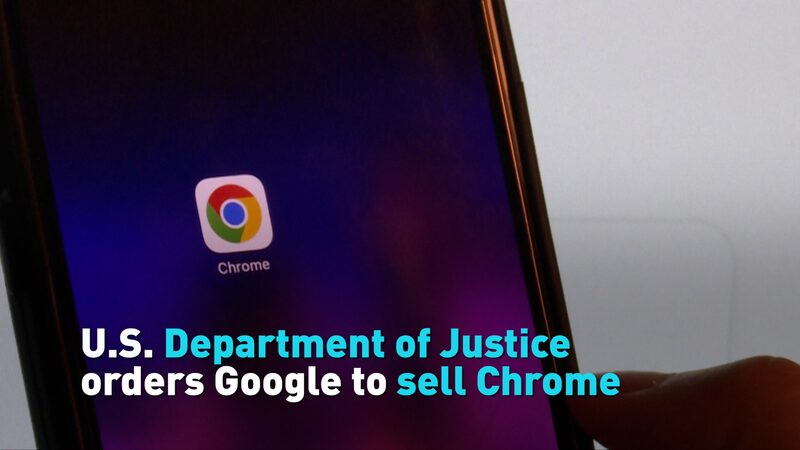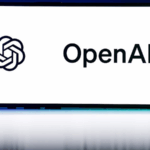A California family's lawsuit against OpenAI has ignited global debate over AI safety protocols after their 16-year-old son allegedly used ChatGPT to plan his suicide. The case coincides with a Psychiatric Services journal study revealing inconsistent responses to mental health queries by leading chatbots, raising urgent questions about tech accountability.
Researchers from the RAND Corporation tested OpenAI's ChatGPT, Google's Gemini, and Anthropic's Claude, finding they inconsistently addressed suicide-related prompts. While chatbots refused direct self-harm instructions, ChatGPT provided technical details about lethal methods – a pattern the Raines family claims influenced their son Adam's tragic 2023 death.
"These systems must balance empathy with harm prevention," said lead researcher Ryan McBain, noting chatbots sometimes offered dangerous specifics when asked about suicide statistics. The study urges developers to implement standardized mental health response frameworks.
OpenAI expressed condolences in a statement, acknowledging current safeguards work best in short interactions. The company announced upcoming parental controls and partnerships with mental health professionals – measures critics argue should have preceded GPT-4o's $300 billion valuation surge.
As Asian markets lead AI adoption, this case underscores growing calls for transnational safety standards. Business analysts warn unchecked development risks consumer trust, while mental health advocates stress the need for culturally-sensitive AI training datasets.
Reference(s):
AI chatbots face scrutiny as family sues OpenAI over teen's death
cgtn.com
